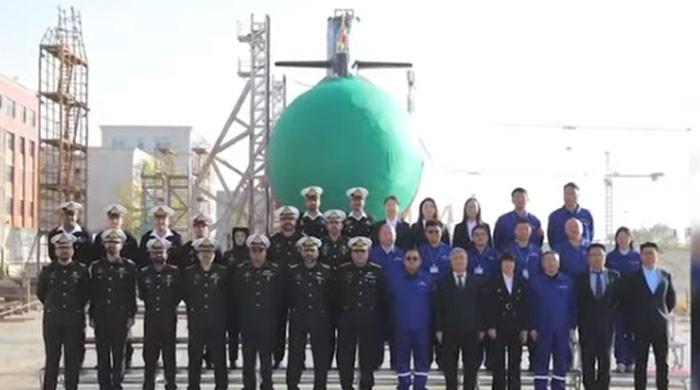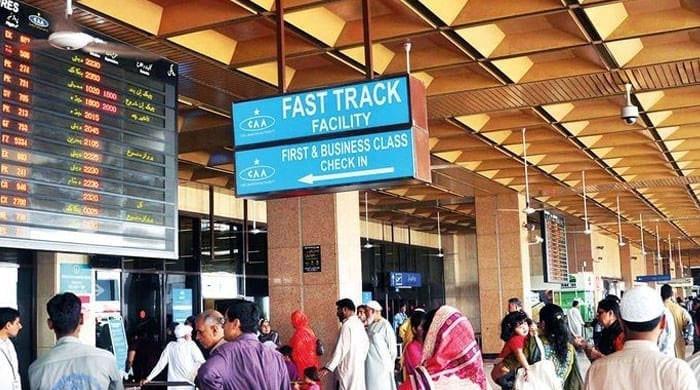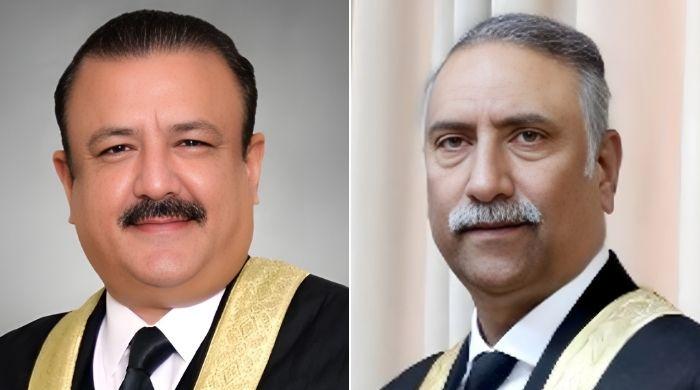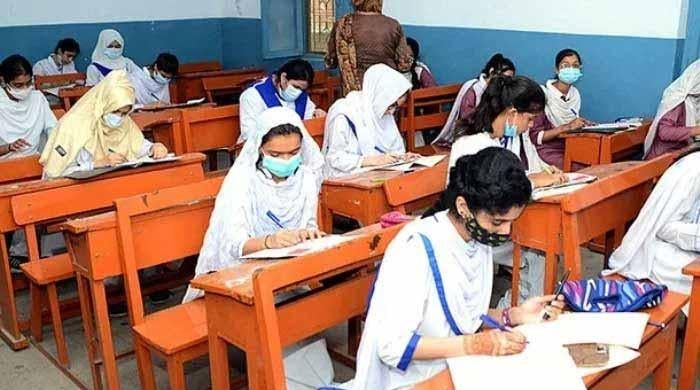0.7m unregistered Afghan refugees among 2.9m living in Pakistan: official
Country home to 1.4m registered refugees from neighbouring country, says official
February 01, 2025
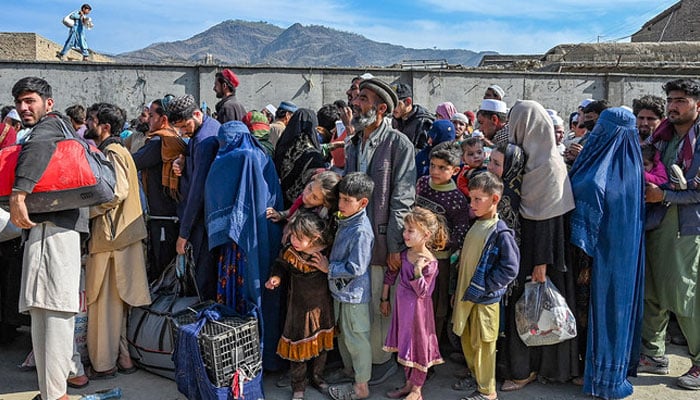
- $40m disbursed for capacity building, awareness programmes.
- $10m have been allocated to Safron for technical assistance.
- Refugee students given 14 reserved seats in colleges, universities.
ISLAMABAD: The Chief Commissioner for Afghan Refugees (CCAR) has revealed that around 2.9 million refugees from Afghanistan of which 0.7 million were unregistered individuals whereas 1.4 million were registered, The News reported on Saturday.
The official, during a session of the Senate Standing Committee on States and Frontier Regions (Safron) under the chairmanship of Senator Jan Muhammad Buledi, briefed the panel on the humanitarian assistance being provided to Afghan refugees in Pakistan, covering areas such as shelter, food, water, sanitation, education, and healthcare.
The Senate body was further informed that $40 million were disbursed to the Government of Pakistan for technically supporting the National Database and Registration Authority (Nadra), the Federal Investigation Agency (FIA), passports, for capacity building, and awareness programs for Afghan refugees. While $10 million have been allocated to Safron for technical assistance.
The committee was briefed on the trends in voluntary repatriation, noting that the period from 2002 to 2024 has seen the highest levels of repatriation until now.
It was noted that Afghan refugee students are provided with 14 reserved seats in colleges and universities, along with free healthcare services in hospitals.
Furthermore, the Senate body was apprised that three organisations — United Nations High Commissioner for Refugees (UNHCR), German Agency for International Cooperation (GIZ), and Japan International Cooperation Agency (JICA) — were collaborating with the CCAR in the fields of technical and social assistance for Afghan refugees.
Also, representatives from Safron shared the challenges they face, underscoring the decreasing trajectory supporting funds from international organisations, which they view as a significant barrier. They also apprised that the current state policy is focused on the smooth repatriation of refugees.
Additionally, it was was also revealed that the development projects under the Refugee-Affected and Hosting Areas (RAHA) Programme were halted in 2024 due to a lack of funding.
With the panel discussing the refugee challenges, support, and repatriation efforts, Senators Saadia Abbasi and Syed Masroor Ahsan stressed the need for mobilising international support in funding projects for Afghan refugees and proper utilisation of funds.
The chairman and other committee members acknowledged that this process is time-consuming and needs to be implemented with a coordinated approach amongst all stakeholders.
The committee decided that the next meeting would be held in Quetta in order to physically assess the impacts and progress on projects for the welfare of Afghan refugees.
The meeting was attended by Senators Abbasi, Khalida Ateeb, Ahsan, the Joint Secretary of the Ministry of States and Frontier Regions, the CCAR, and senior representatives from the relevant departments.




